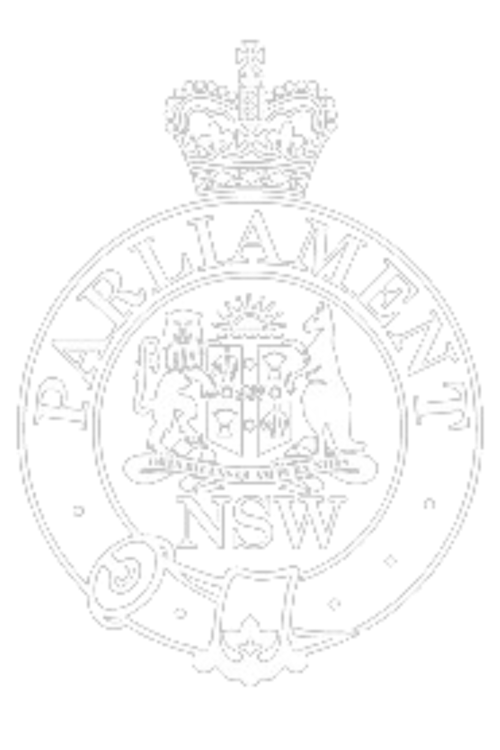Ms CHARISHMA KALIYANDA (Liverpool) (01:09): This evening I recognise an important project that recently won the Excellence in Ethnic and Multicultural Engagement award at the Community Broadcasting Association of Australia awards ceremony, held in Adelaide. The project, entitled "Elder Abuse; We Reject, Elder Safety; We Protect", was developed by 2MFM, Australia's leading Muslim community radio station, which has a substantial and sizeable following in Liverpool. This much-needed and topical media campaign aims to support ethnic and multicultural communities to better understand, prevent and respond to various forms of elder abuse, which may be in the form of psychological, physical and financial abuse and neglect. It was delivered as a six‑episode radio series, including interviews and talkback discussion, presented in both Arabic and English. The impactful audiovisual content featured an eye-opening video production and infographics on social media—translated into Arabic, Urdu and Bahasa Indonesia—to promote empathy and compassion for the elderly in various communities.
The project was launched following the Royal Commission into Aged Care Quality and Safety, commissioned by the Federal Government between October 2018 and March 2021. Thus, it was delivered in line with the goals identified by the Australian Law Reform Commission, including promoting community understanding of elder abuse, promoting the autonomy and agency of older people, achieving national consistency, and safeguarding at-risk adults and improving responses. Elder abuse is when harm is done to an older person by someone they know and trust. It can take many forms, including neglect, financial exploitation, physical violence, sexual abuse and psychological abuse. According to the National Elder Abuse Prevalence Study, one in six older Australians have experienced elder abuse but only one-third of victims seek help.
I particularly recognise the contribution to this project by the extraordinary Hajjah Faten El Dana, OAM, who produced and presented this campaign. She said that she felt motivated to be part of the campaign because she wanted "to instil in the hearts of listeners to love, respect, honour and protect their elderly loved ones who are in dire need to feel loved and safe in their own home or even when institutionalised". Hajjah Faten outlined engagement with the community that she witnessed through the comments made on social media and when listeners contacted her off air to discuss their issues and seek advice on how to better care for their elderly loved ones.
There were several positive outcomes that were achieved by this media campaign. Firstly, while the project canvassed a sensitive and complex issue that touches every household, the participation of youth listeners was very interesting. In addition to positive comments posted on 2MFM's social media, young listeners took the time to record audio contributions, describing their experiences assisting in the care of elderly grandparents whose family made the decision to care for them at home despite the challenges they faced due to dementia or other medical conditions. Because of the sensitivity of these issues and out of respect for people's suffering and pain, some requested to stay anonymous, while passionately sharing their stories of love and care. Other listeners sent videos telling the stories of types of care they provided for their elderly parents, one of whom had a severe heart condition, and at the same time encouraged other youths to follow suit. Furthermore, a short but heartwarming poem about rejecting elder abuse was composed by one of 2MFM's listeners, who related to the campaign as she diligently and lovingly cared for her elderly mother at home.
Hajjah Faten's contributions to this incredible project are especially significant, given that she lost her dear husband, Hajj Mohammed El Dana, himself a long-term contributor to our community, during the development and delivery of this project. It is not easy to focus on the needs of others when grieving such a great personal loss. However, Hajjah Faten is an example of someone who puts community benefit above her own. Although acknowledging that it was one of the most challenging periods of her life, she still pushed to meet the deadline and bring this important issue to the awareness and attention of our community. Finally, I take this opportunity to recognise all the special guests who participated in this important project. They include family members who shared their personal experiences and experts in aged care who provided valuable information to the community on how to access the various available services needed by the elderly. Because of their combined efforts, we now have an award-winning, highly necessary resource for our community. For that, we are grateful. I again congratulate 2MFM.


